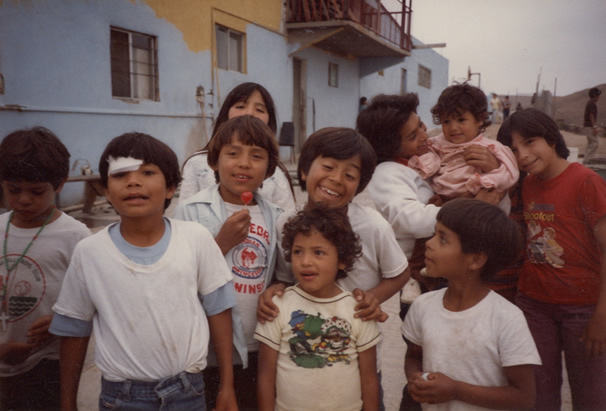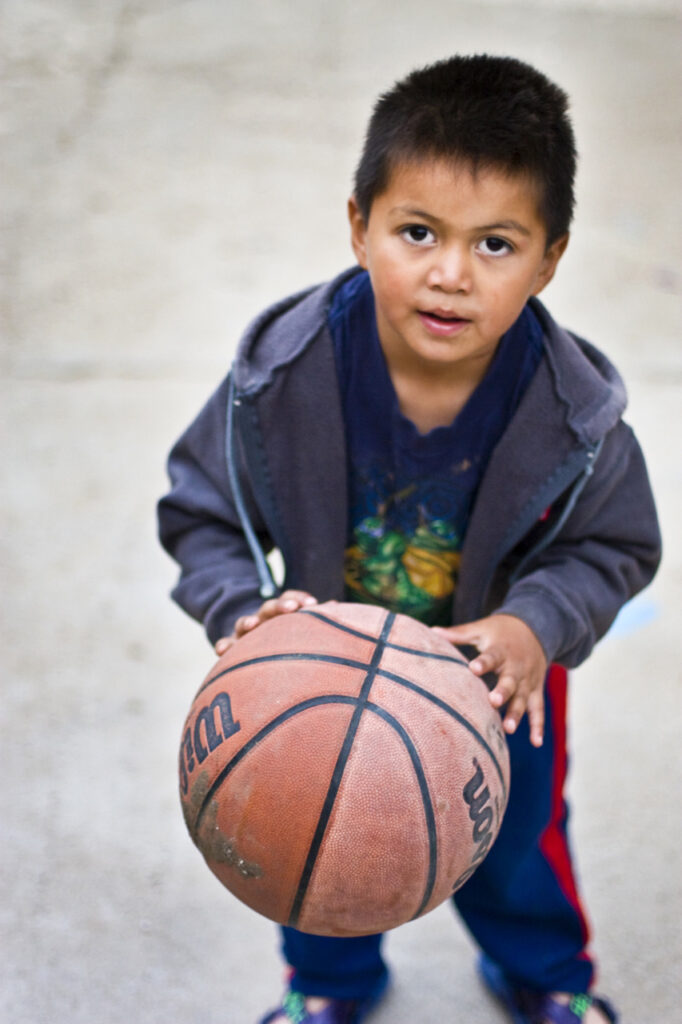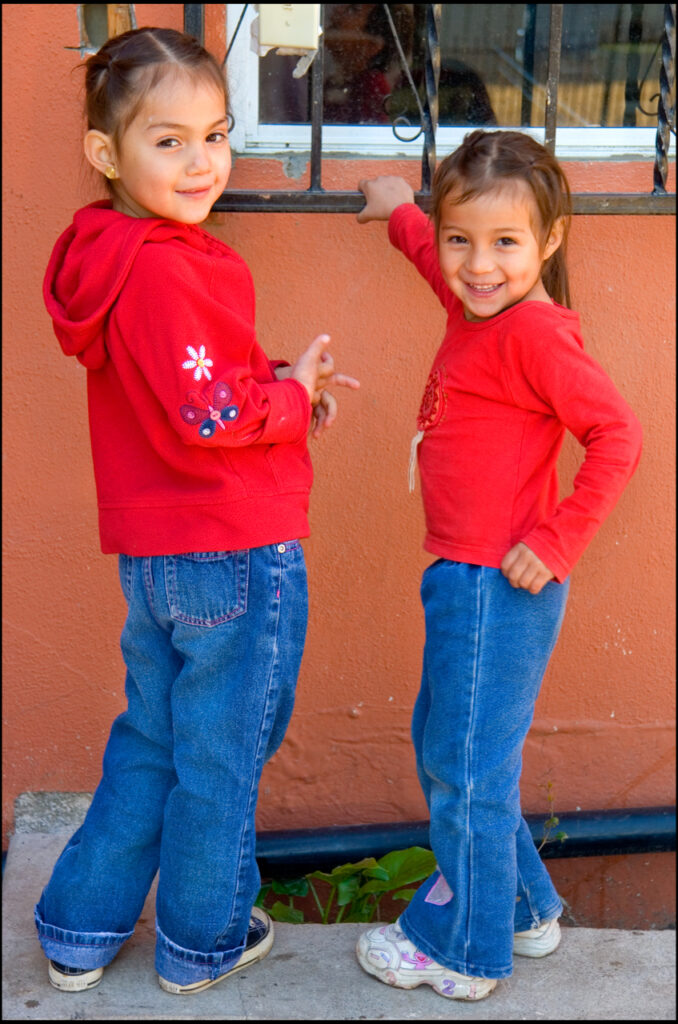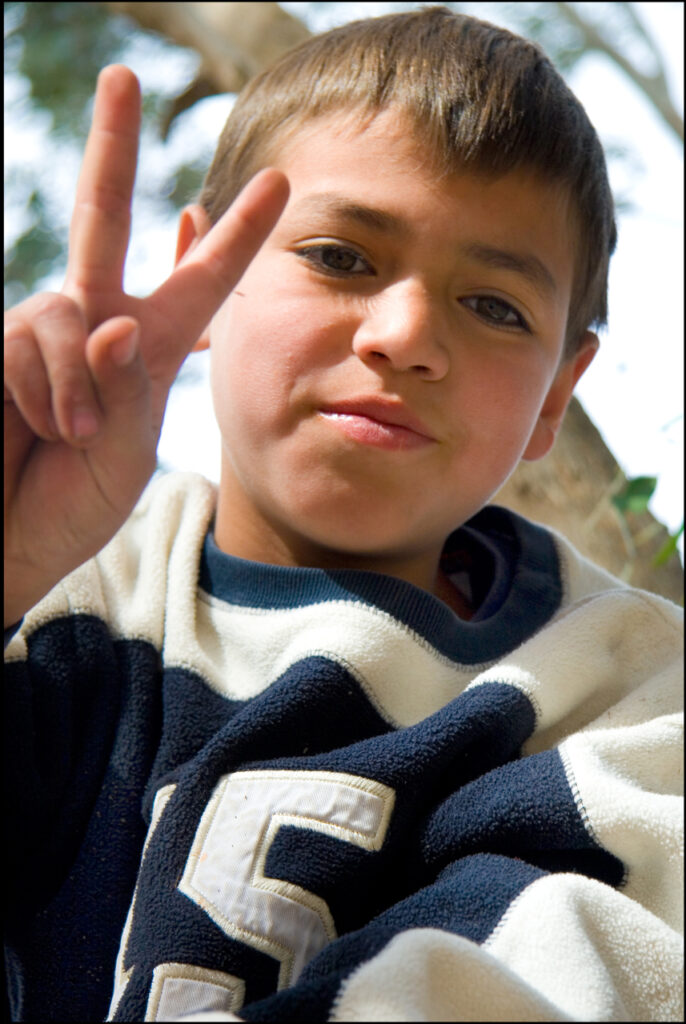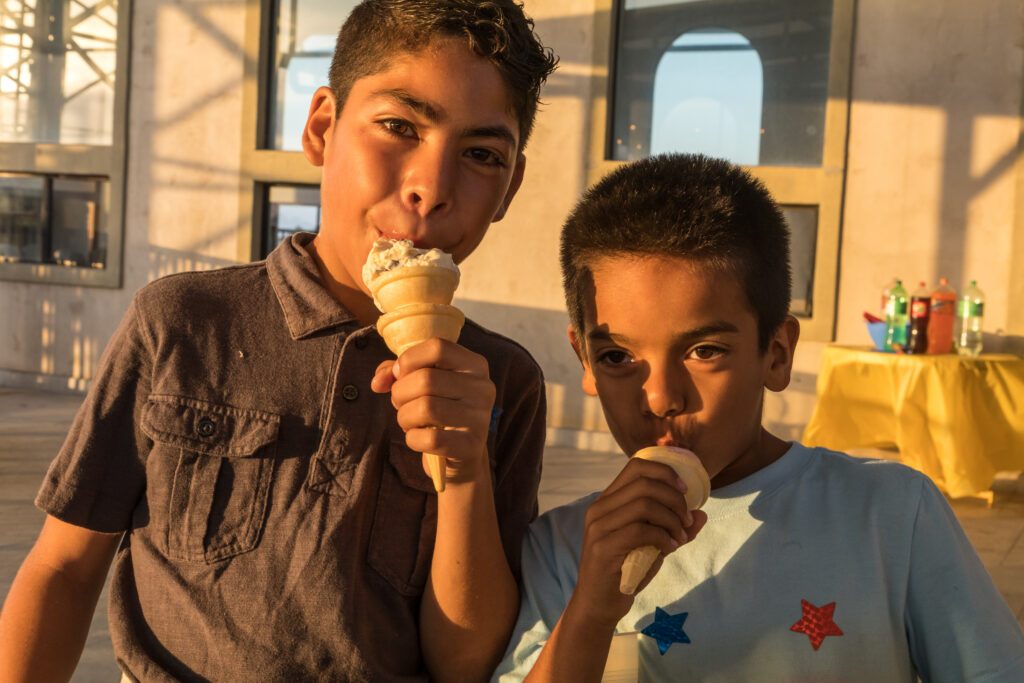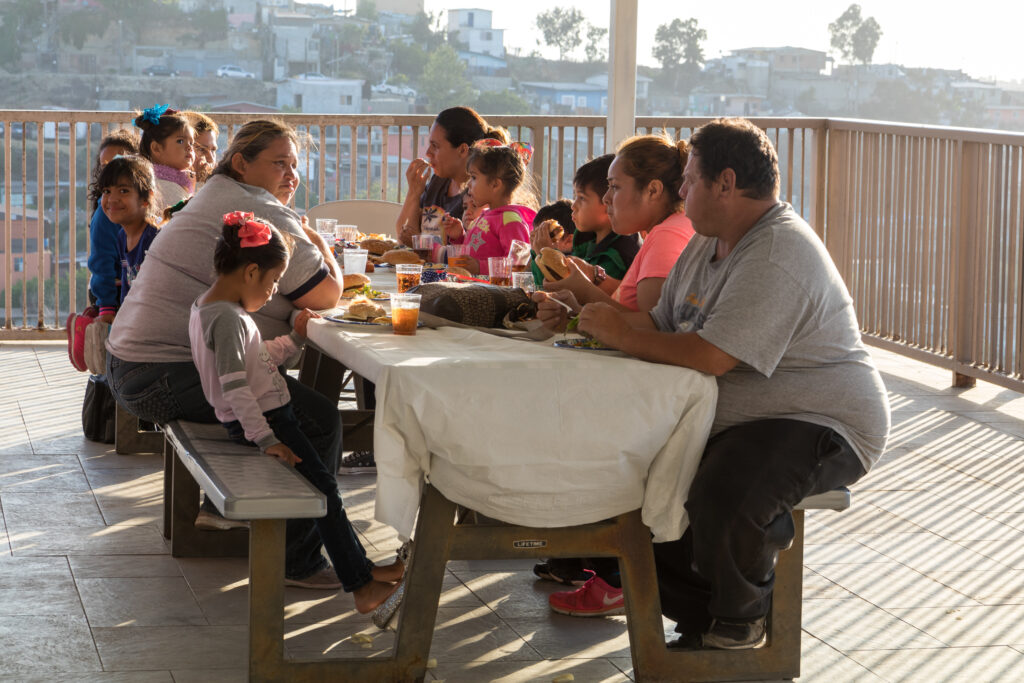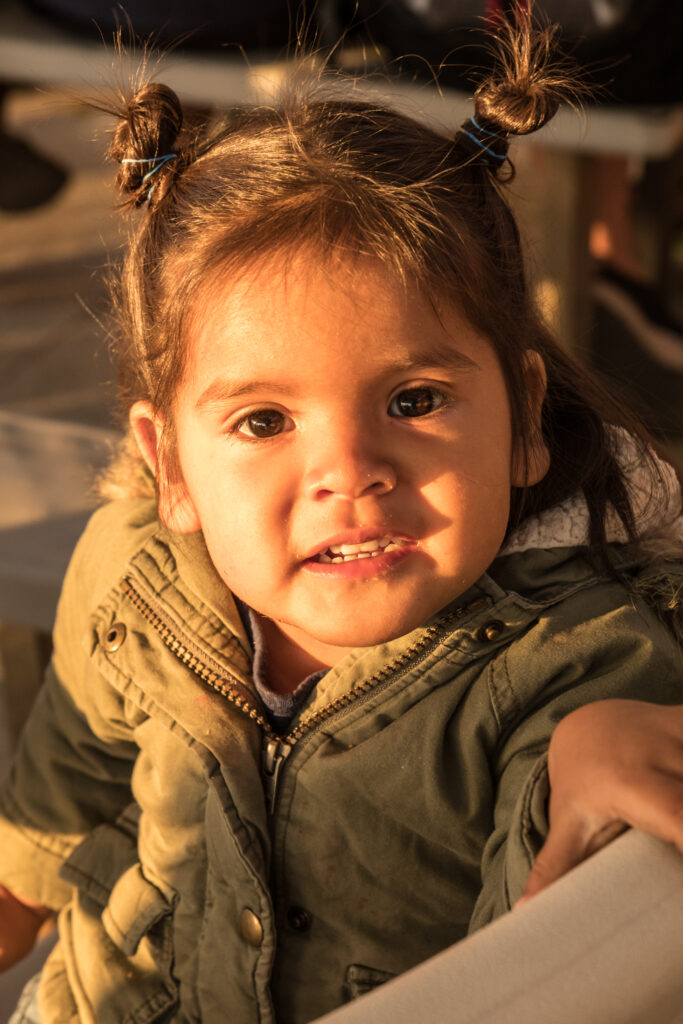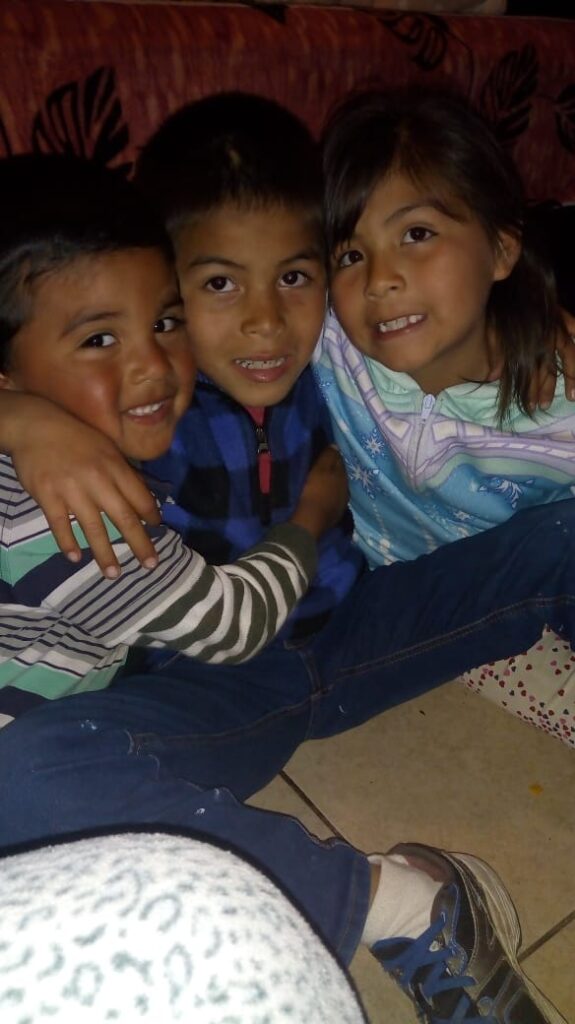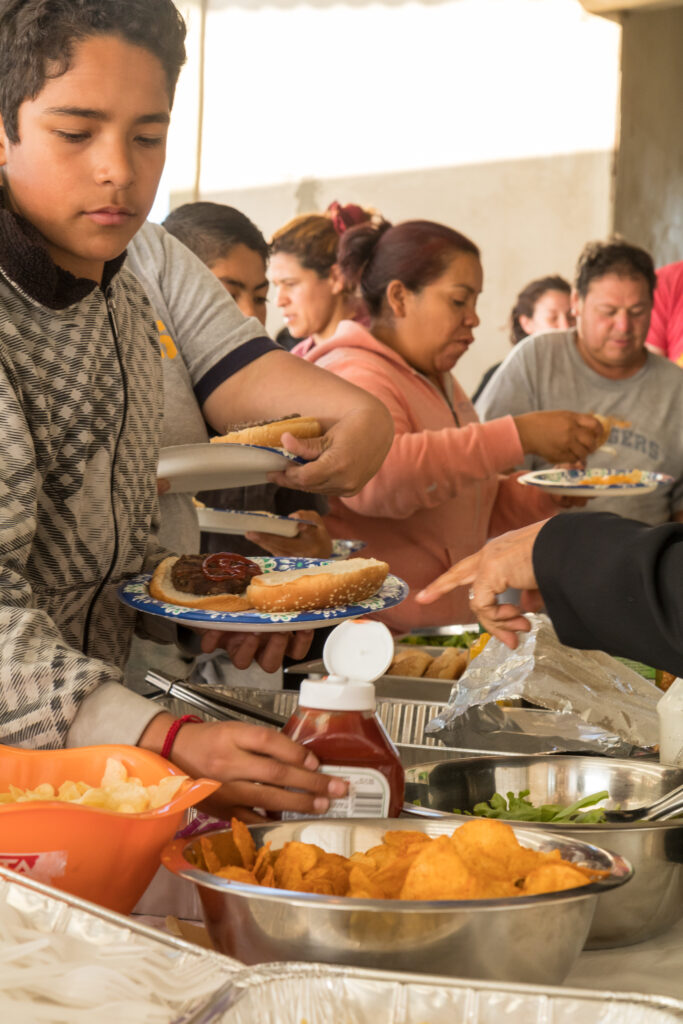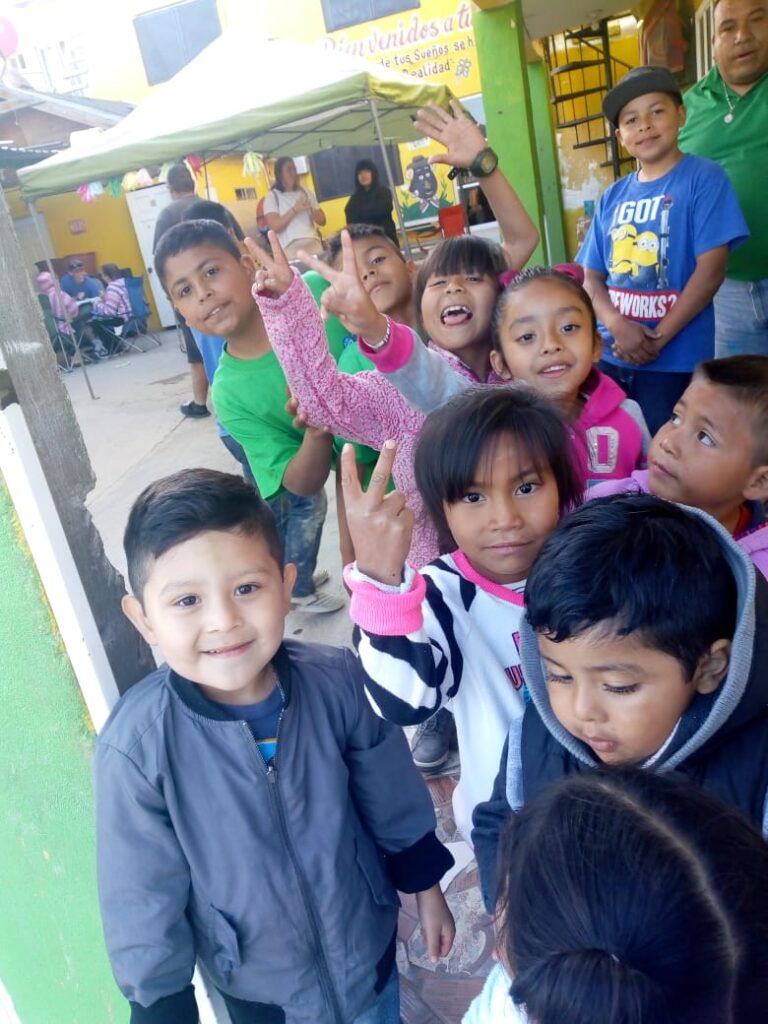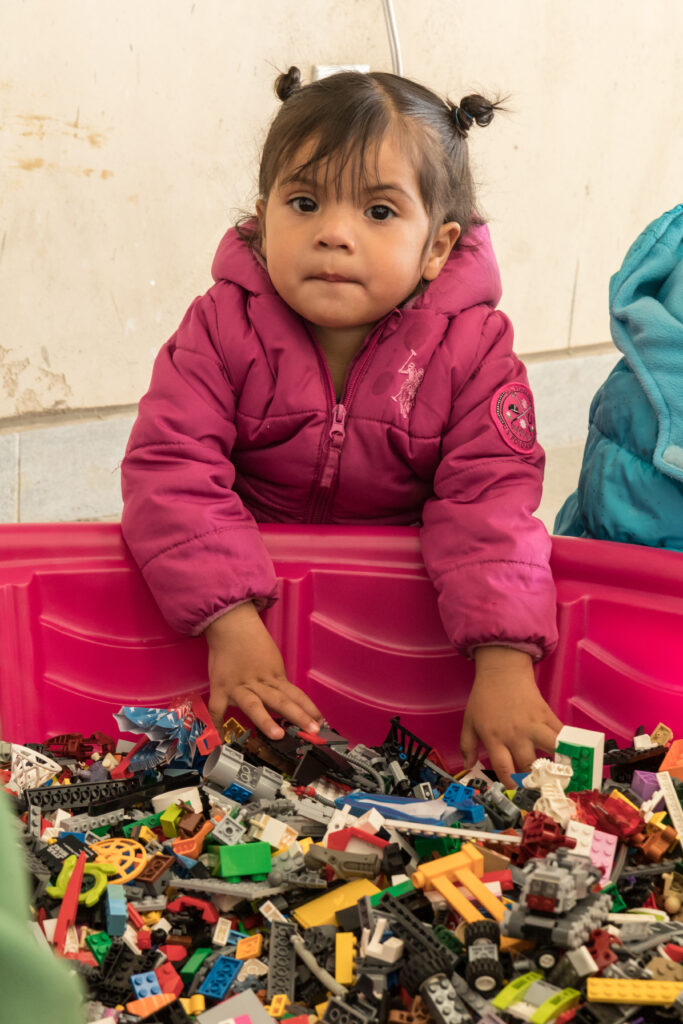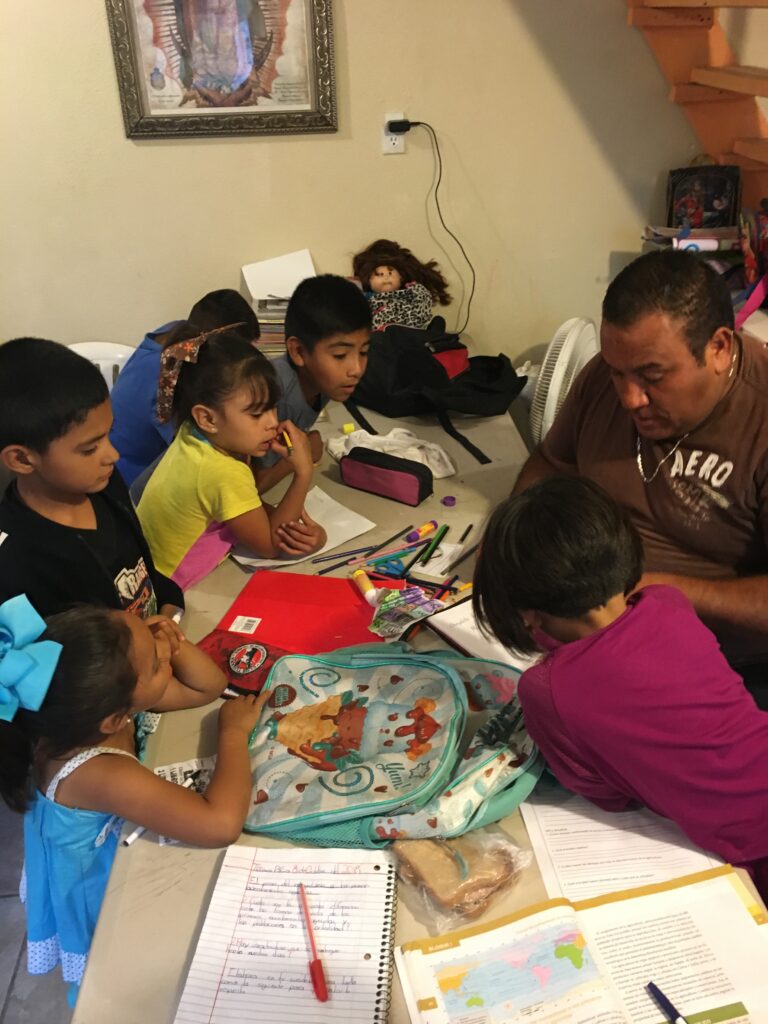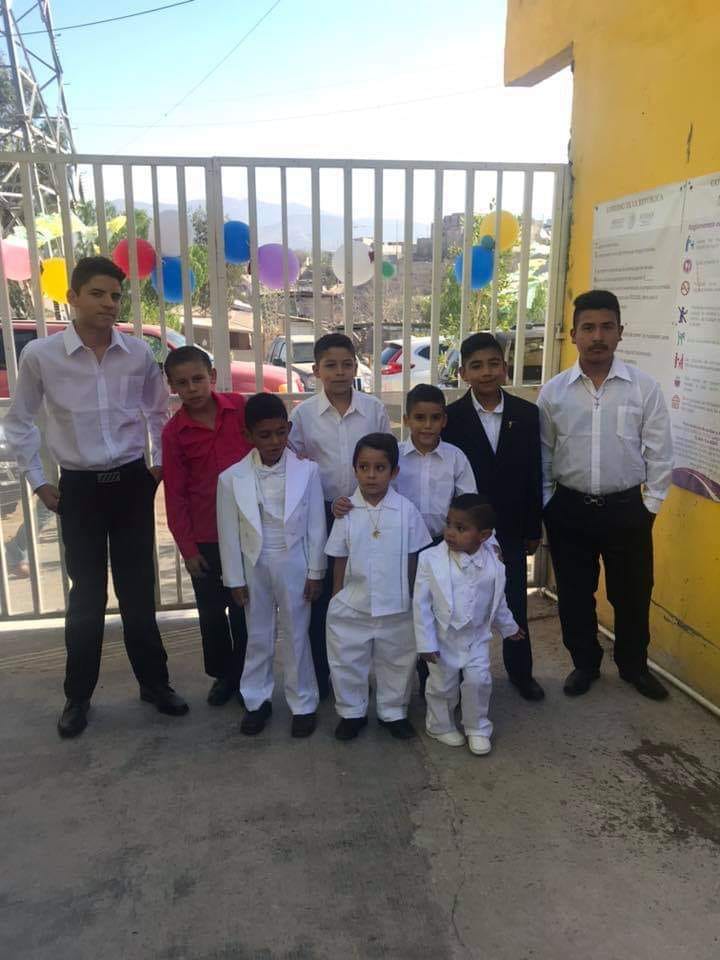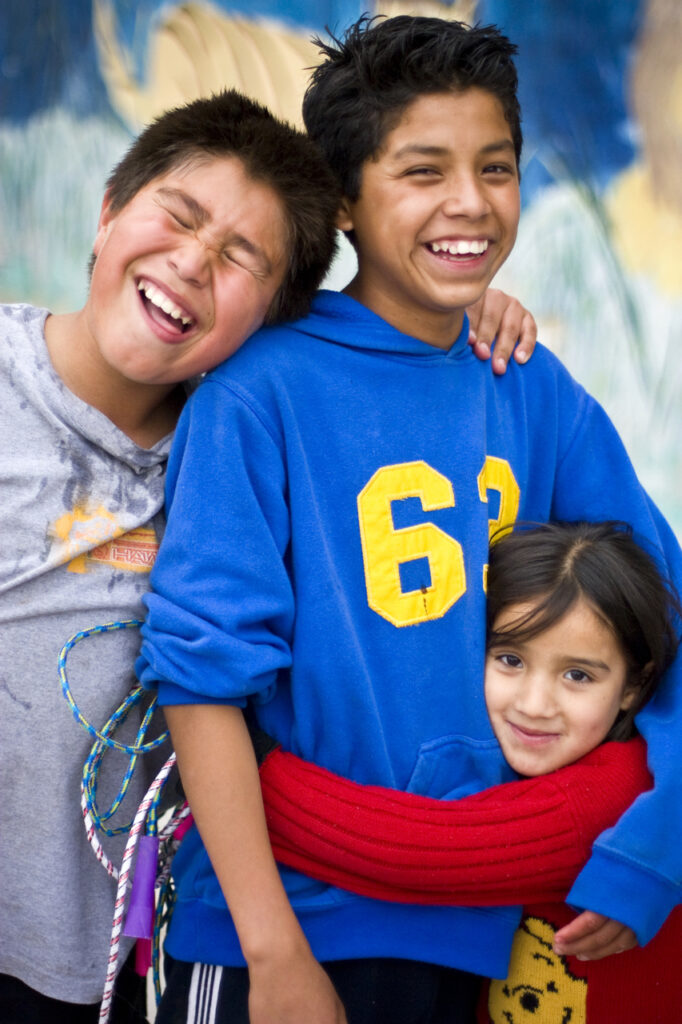While volunteering in Tijuana, groups typically stay at one of Doxa’s partner orphanages. Either Casa Hogar de los Niños or Casa Hogar Unidos por Siempre. The casa hogar prefix is part of their full name and translates to the word orphanage. The literal translation, however, is house home. Neither of these translations do justice to the work that these organizations actually do.
Kids that are at a casa hogar typically come from one of four backgrounds:
- Desarrollo Integral de la Familia (DIF)
- This is a government entity with offices in Tijuana that work with children, elderly, and vulnerable populations. One of their specific functions is to regulate orphanages and other organizations that care for children. They are also legally responsible for minors that are removed from their families or need a temporary place to live. The ultimate goal of DIF is working towards the well-being and strengthening of families, which will result in their self-sufficiency.
- DIF uses the orphanages throughout Tijuana as places to house kids when the courts determine that their parents are not fit to care for them. Since the ultimate goal of DIF is to reunite families and work to improve them, DIF kids typically do not spend more than 1-2 years maximum in an orphanage setting.
- In rare cases where kids truly have no family or fit adult to care for them, DIF works to secure a permanent placement in a casa hogar.
- Volunteer kids
- Oftentimes kids have a parent, relative, or someone else who is legally responsible for their wellbeing. This person loves them and wants to care for them, but doesn’t always have the necessary income to do so. In these instances, the responsible adult will directly approach a casa hogar and reach an agreement on what child care looks like.
- In these situations, child care typically looks like the kids living at the casa hogar from Monday-Friday and then returning back home on the weekends. It is also common for the responsible adult to pay a small fee to the orphanage (in the range of $5-15 per week).
- Kids of orphanage workers
- It takes various employees to properly run an orphanage and some live on-site. It is common for the employees who live on-site to also have their kids be part of orphanage life and essentially grow up there.
- Daily childcare
- Similar to volunteer kids, these are children whose responsible adult has directly approached an orphanage and worked out a childcare agreement. This is particularly common among single parents who work long hours and have no one else to help with childcare. School is typically half-days in Mexico, so parents who work full-days can rely on a casa hogar to fill in the gaps.
- In this arrangement, the responsible adult drops off their child in the early morning and picks them back up at night time after work. The child does not sleep in the casa hogar. Just as with volunteer kids, this type of arrangement is typically accompanied by a small weekly or daily payment from the responsible adult to the orphanage.
The director of the orphanage has the ultimate say over which kids get admitted and which do not. They also have the ability to create a mix of kids from these four sources, according to what they prefer.
With varying backgrounds and the ultimate goal of family reunification and self-sufficiency, this explains why kids are in orphanages for unpredictable lengths of time. Some just weeks and others for years. While it is always nice to see the same child from year to year on your house building trip, just because they are no longer at the orphanage doesn’t mean that anything negative has occurred. They are almost certainly reunified with their family or responsible adult. With a more accurate understanding of how kids would end up in a casa hogar, the term orphanage doesn’t really make sense. It makes one assume that none of these kids have family, which is simply not true. An effective casa hogar meets families where they are at with childcare needs and does so on a temporary basis, until the responsible adult can resume their rightful childcare duties. In fact, the services of a casa hogar are typically a last resort, employed when no other suitable or safe solutions exist. Perhaps a more accurate name for these organizations would simply be a children’s home?
